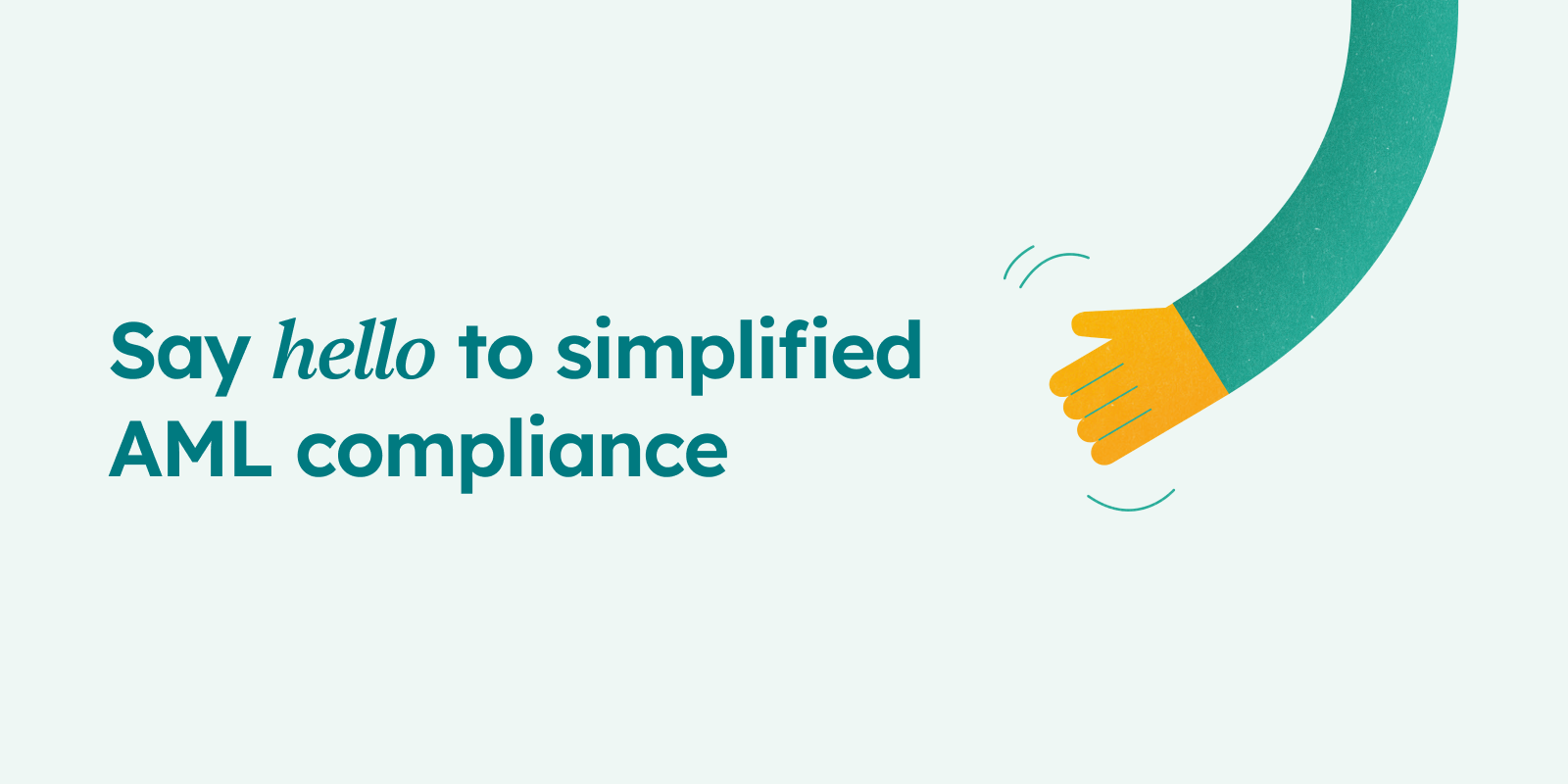1 min read
Creditro takes over KYC from Penneo
As part of Visma’s ambition to build world-class digital solutions, a strategic decision has been made to sharpen the focus of its portfolio...

All businesses can be affected by scams – in different places, and different ways. So how do you spot the scammer? How do you protect yourself from the criminals who in more than half of all fraud cases work in the company they are scamming against? Read on and get ready for fight.
Virtually all companies will be affected by fraud to a greater or lesser extent. Some of the questions most people have after being scammed are who did it and whether it could have been foreseen.
A study highlights some of the most prominent characteristics of a fraudster:
The investigation also shows that in over half of the cases, the fraudster works in the same company as the target and that in approx. 70% of the instances do not work on the fraud alone.
After the financial crisis in 2007/2008, which hit many people and companies hard, the motivation to defraud became greater. It happened as more and more people became financially stressed and had to find a creative way to raise money. Due to the increasing number of scams and frauds, burden companies have secured their control systems better.
However, this was not the case as the companies were also looking during the financial crisis. This meant that many companies chose to cut back on the control systems due to the economic situation to ease the pressure elsewhere in the company. This thus provided better working conditions for the fraudsters who struck in droves.
As we have become increasingly dependent on the internet, it has become the preferred domain of fraudsters to use. Fraudsters operate on several platforms, and their most significant task is to gain financial gain from their criminal activity.
Organised business fraud works a bit differently. This is about a person or group taking advantage of a company and the protection that comes with the Companies Act and limited liability.
In short, it takes place in such a way that you make a company appear better than the reality is and then apply for credit facilities with suppliers without intending to pay your bills.
It also happens that the company applies for a VAT refund at the same time as this creditor fraud and, in this way, also exploits SKAT and the state in its scam.
Suppose a private person will often end up in a criminal case and a possibility. In that case, you, as a director or owner of a company, can, of course, also be held criminally liable for fraud, then it is about companies proving this, and it can be difficult.
Because what if they are companies that can't pay their bills? If not, where do you draw the line?
With the experience Creditro has built up in investigating and "capturing" organised criminals who set up or take over companies with the aim of "decorating" a company so that it looks as creditworthy as possible, we have built the only models in Scandinavia that measure up where degree a company follows a pattern we know from other cases.
Some of the characteristic warning lights are i.a.
We can see that even criminals are also creatures of habit. Therefore, they follow a combination of the same method as others or as they have done in the past. Thus, an active effort against organised crime will also require that you have or acquire the experience that, unfortunately, far too few have.
We join the race to create a world without fraud and money laundering.

1 min read
As part of Visma’s ambition to build world-class digital solutions, a strategic decision has been made to sharpen the focus of its portfolio...

3 min read
When you are subject to AML regulations, there are several tasks you need to complete annually. An annual compliance plan can help you stay on top of...

3 min read
AML compliance can be a hassle, but we don’t think it has to be that way. That’s why we’re proud to finally introduce our new brand, which reflects...